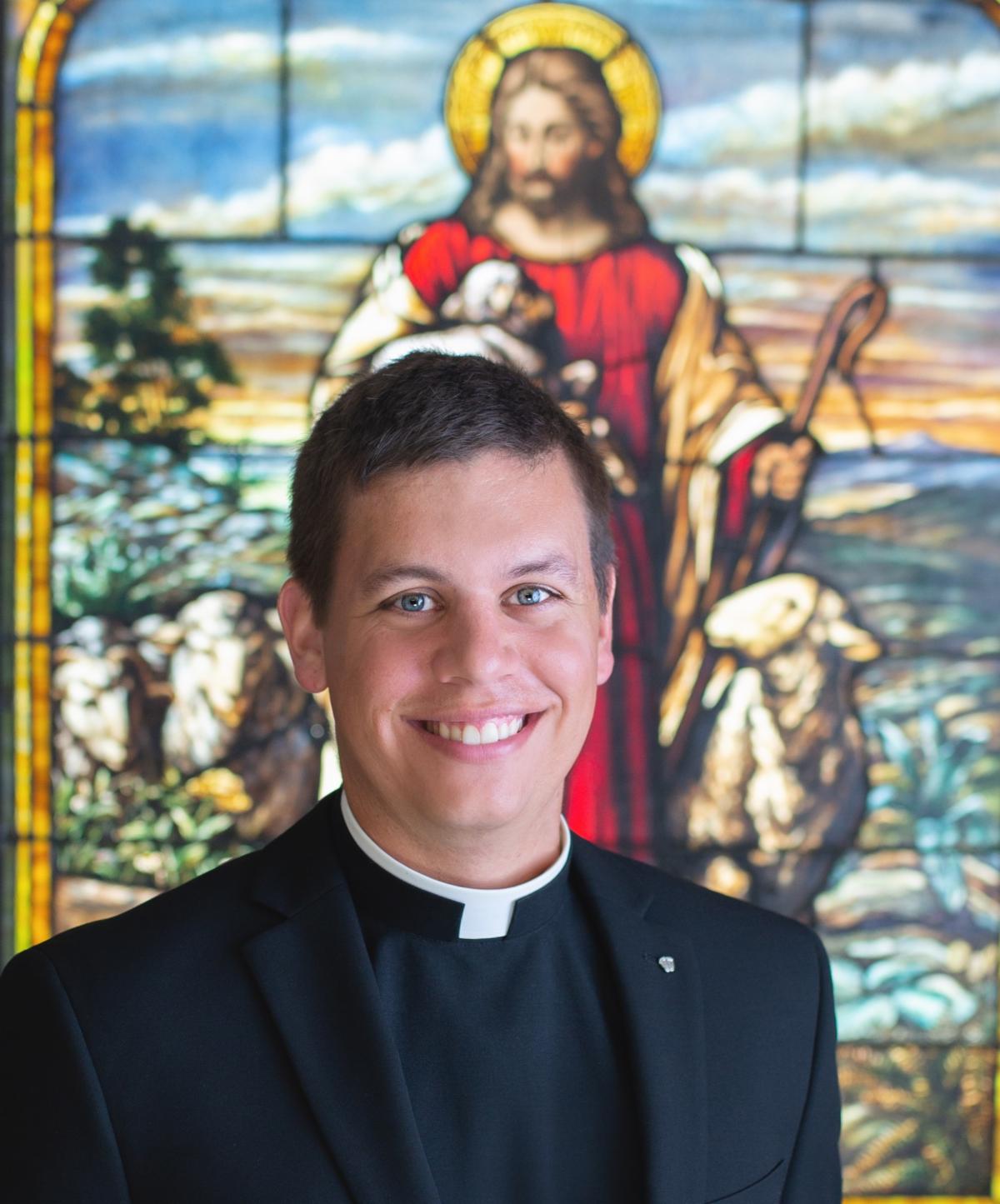“And we afterwards, continually, remind each other of these things. And the wealthy among us help the needy; and we always keep together; and for all things wherewith we are supplied, we bless the Maker of all through His Son Jesus Christ, and through the Holy Ghost. And on the day called Sunday, all who live in cities or in the country gather together to one place, and the memoirs of the apostles or the writings of the prophets are read, as long as time permits; then, when the reader has ceased, the president verbally instructs, and exhorts to the imitation of these good things. Then we all rise together and pray, and, as we before said, when our prayer is ended, bread and wine and water are brought, and the president in like manner offers prayers and thanksgivings, according to his ability, and the people assent, saying Amen; and there is a distribution to each, and a participation of that over which thanks have been given, and to those who are absent a portion is sent by the deacons. And they who are well to do, and willing, give what each thinks fit; and what is collected is deposited with the president, who succors the orphans and widows and those who, through sickness or any other cause, are in want, and those who are in bonds and the strangers sojourning among us, and in a word takes care of all who are in need. But Sunday is the day on which we all hold our common assembly, because it is the first day on which God, having wrought a change in the darkness and matter, made the world; and Jesus Christ our Savior on the same day rose from the dead.”
The first part of the quote is clearly a documentation of the Liturgy of the Word. The part that is bolded is the Liturgy of the Eucharist. It is amazing to see the continuity in Church when we look back to early Church writings. We use bread, water, and wine, just like Christ did. We receive the Eucharist just as the apostles did. It is through the reception of the Eucharist that grace is given and unity in the Church is built up. Think about what a gift it is to receive Holy Communion and be in Communion with our Most High God.
Those who are able to receive Holy Communion is often a very sensitive subject, as people do not like to feel left out. However, it is not a matter of being left out, it’s a matter of choosing to follow Christ according to the way He is calling you to in the Catholic Church. If you are not living in Communion with the Catholic Church, i.e. Protestant, non-Christian, atheist, etc., or are in the state of mortal sin, you should not receive Holy Communion. St. Paul speaks to this in his first letter to the Corinthians 11:27, “Therefore whoever eats the bread or drinks the cup of the Lord unworthily will have to answer for the body and blood of the Lord.” We do have a God who is merciful and He gives a path back to receive Holy Communion. For those with mortal or serious sin, take advantage of the many opportunities to go to confession here at SJB. For those who would like to become Catholic or want to come back into the Catholic Church, please reach out to me and we can meet and discuss what needs to be done to receive Holy Communion.
In the celebration of the Eucharist, we participate in the Paschal Mystery, that is His life, death, and resurrection. We are given encouragement, inspired by Christ’s sacrificial gift, to remember our need for God’s mercy, and to restore our relationship with God through Christ Himself. Every time you celebrate Mass, you participate in the work of Christ and are given the opportunity to be drawn into deeper communion with Him.
The purpose of the Mass is clearly articulated in the dialogues at the beginning of the Liturgy of the Eucharist. The priest states, “Pray brothers and sisters, that my sacrifice and yours will be acceptable to God our Father.” The faithful respond, “May the Lord accept the sacrifice at your hands for the praise and glory of His name, for our good, and the good of all His Holy Church.” We see here the Mass is about worshipping God by giving Him praise and glory for our benefit and that of all His Holy Church. Mass is not only for God but for us as well. We receive grace, strength, and inspiration through our participation. We are able to live more effectively in Communion with God and fulfill our purpose by staying in Communion with God through the celebration of the Eucharist.
Two things that are done differently during the Liturgy of the Eucharist at SJB than most Catholic Churches are when the people stand within the previously mentioned dialogue and the hymn of thanksgiving is sung rather than a closing song. The General Instruction of the Roman Missal (GIRM), which directs the flow of Mass, states right after the priest’s words “the people rise and say…” I think it takes practice and coordination, but we have a good habit here at SJB, so good work in praying it together! The GIRM states after Holy Communion, “The priest may return to the chair. If appropriate, a sacred silence may be observed for a while, or a psalm or other canticle of praise or a hymn may be sung.” There is no mention of a closing song in the GIRM. You can find the GIRM online if you would like to learn more about the directives of the Mass.

